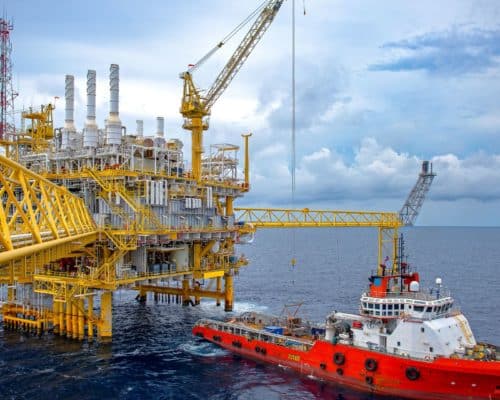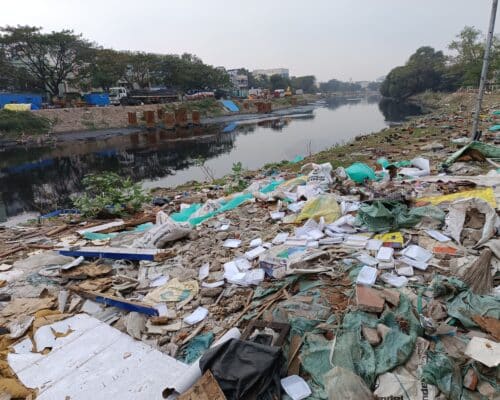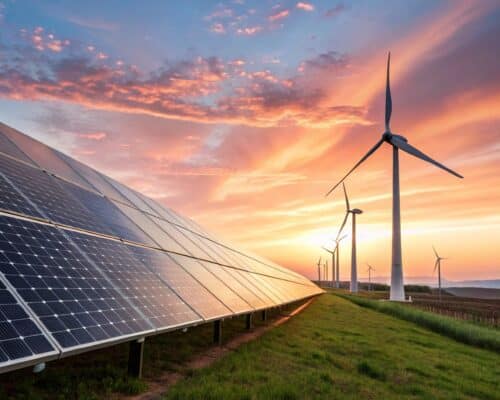Articles
“Companies Funding Russian War” – CREA’s 2022 Report Exposes
Fossil fuels are not only fuelling the climate crisis but are also the engine that powers the Russian war in Ukraine. By buying Russian fossil fuels, Asian companies are becoming responsible for the war atrocities in the heart of Europe.
Vietnam’s National Climate Change Strategy to 2050 and the Plan for Meeting Its COP26 Commitments
Vietnam's latest move is proving that despite the growing needs of its energy-hungry economy, it will actively pursue its net-zero commitment and prioritise climate change mitigation and adaptation efforts – a move that other Asian countries should take note of.
Home Wind Turbines – All You Need To Know
Home wind turbines have historically seen low adoption rates, but this is changing. They are finding a place as part of local microgrids and larger energy systems. Combined with other energy sources and battery storage systems, they are an essential piece of renewable energy technology.
Who Buys Russian Oil and Gas? – The Case for Renewables in Asia
While Europe has imported the most fossil fuels from Russia, it is now banning them and plans a switch to renewables. However, Asian countries and companies need to follow this trend, as money spent on fossil fuels is money indirectly spent on Russia's war effort.
Sustainable Flying – Can Air Travel Be Carbon Neutral?
Will sustainable flying ever arrive? The aviation industry is heavy on carbon emissions and oil. Net-zero goals and carbon capture could help.
Korean and Japanese Companies in Vietnam Are the Main Gas Expansion Advocates
The pressure from Japanese and Korean companies on Vietnam to move in the direction of gas expansion risks tarnishing the country's clean energy progress and locking it into a future of energy instability, high electricity prices and stranded assets.
Wind Energy: Advantages and Disadvantages
Wind energy is one of the leading renewable energy technologies in the world. Not only does it have substantially lower environmental impacts than fossil fuels, but it has significant economic benefits. The disadvantages of wind energy typically relate to high up-front costs and intermittency, which are the same concerns as renewable energy in general.
Top Concerns of Young Filipinos and How LNG Expansion Magnifies Them
The United Nations General Assembly declared that everyone has a right to a healthy environment. But with the country's LNG developments, the hope for a healthy future for young Filipinos, especially island-dwellers, is uncertain. A climate advocate speaks about why young Filipinos should oppose LNG projects in the country.

Which Oil Companies Are Transitioning To Renewable Energy?
Oil companies and renewable energy generally aren't synonymous. Yet, today oil companies are now transitioning and investing in renewables.
Vietnam’s Block B Gas Project – the Potential Impact on the Involved Parties
Vietnam has a vast potential for wind and solar power. Yet, the country pushes ahead with plans like the Block B gas project. In a world of highly-unpredictable gas prices where the end goal is net-zero, such a step can prove costly for all parties involved.
A Guide To Renewable Energy Salaries [2022]
Renewable energy salaries are rising as renewable technology is adopted and countries work to decarbonise their energy systems. This trend will likely continue, with the potential for a significant labour shortage and skill gap. The upcoming decades are a make or break period for the Paris Climate Agreement. Data shows that the renewable energy industry is a growing opportunity for job seekers looking to help countries achieve their decarbonisation targets.
Power Crisis in India – Picking up the Pieces After the Heatwave
India’s poorest communities are still reeling from the intense heatwave that recently enveloped the country. At the same time, infrastructure assets are struggling to cope with this climatic upheaval. What could be the way out?
Labour Climate Change Policy 2022 in Australia – Ambitious, but Facing Lots of Challenges
Australia is on the receiving end of the harshest impacts of climate change. The IPCC says Australia is racing towards a future of similar or even worse disasters. Labours new climate policy offers hope.
How Do Wind Turbines Work?
Wind turbines capture the kinetic energy in the wind, transfer it into mechanical energy and finally turn the mechanical energy into electricity. This energy transfer, and wind turbines themselves, have seen a dramatic increase in efficiency over the last several decades. This is leading to increasing rates of adoption with new designs and broader applications.
Most Popular
Most Popular
Categories
-
10
-
34
-
126
-
4
-
17
-
46
-
52
-
11
-
10
-
15
-
24
-
6
-
1
-
5
-
6
-
279
-
199
-
17
-
24
-
1
-
1
-
23
-
41
-
44
-
87
-
18
-
86
-
41
-
17
-
11
-
43
-
51
-
86
-
293
-
22
-
44
-
36
-
10
-
42
-
36



